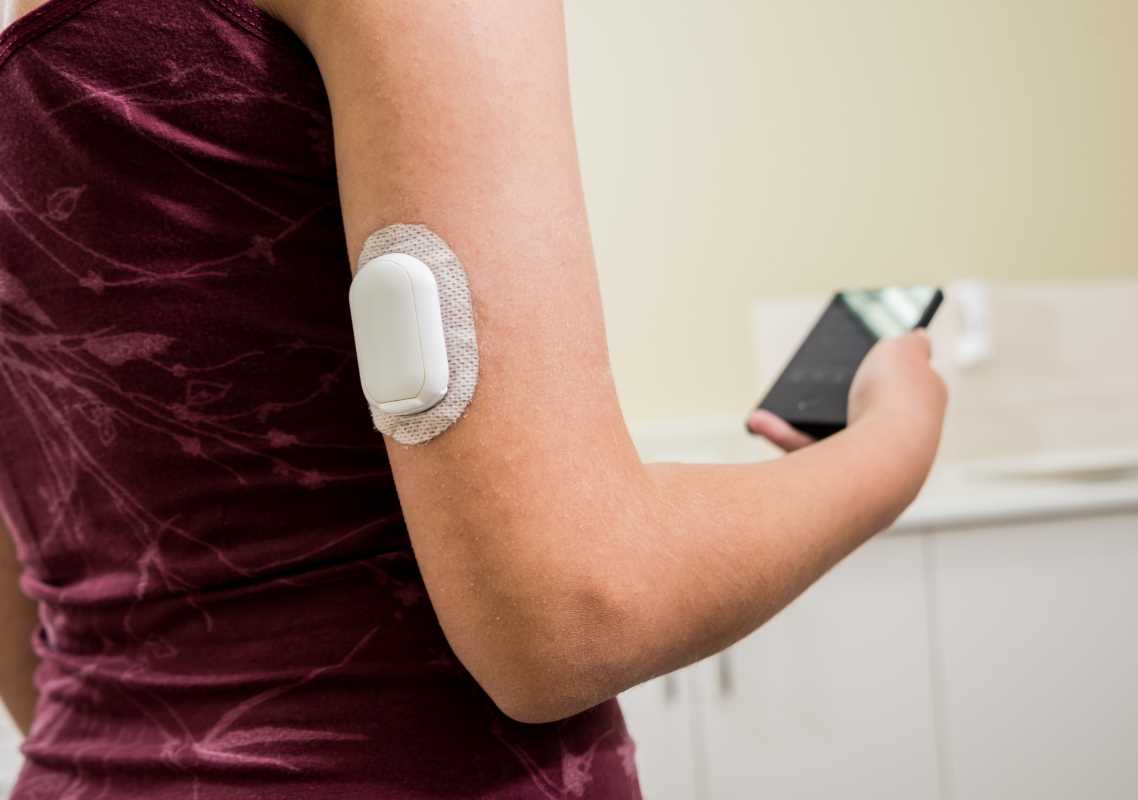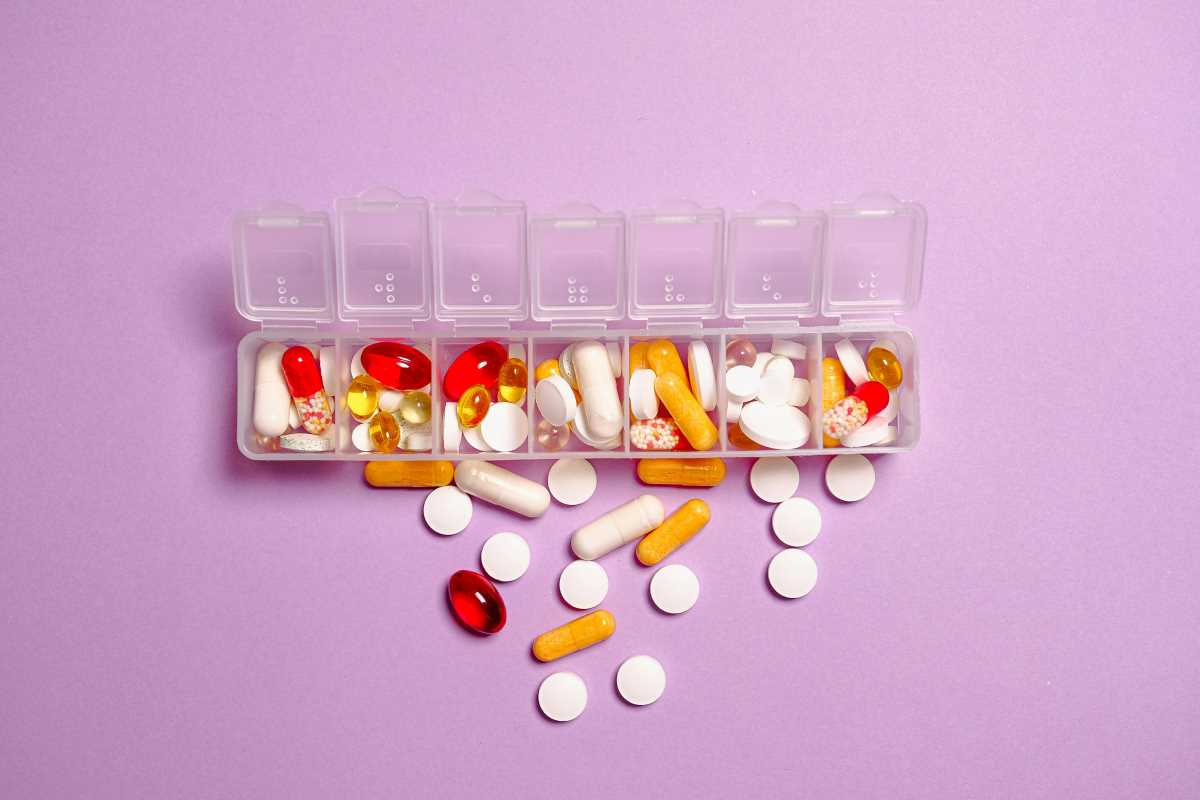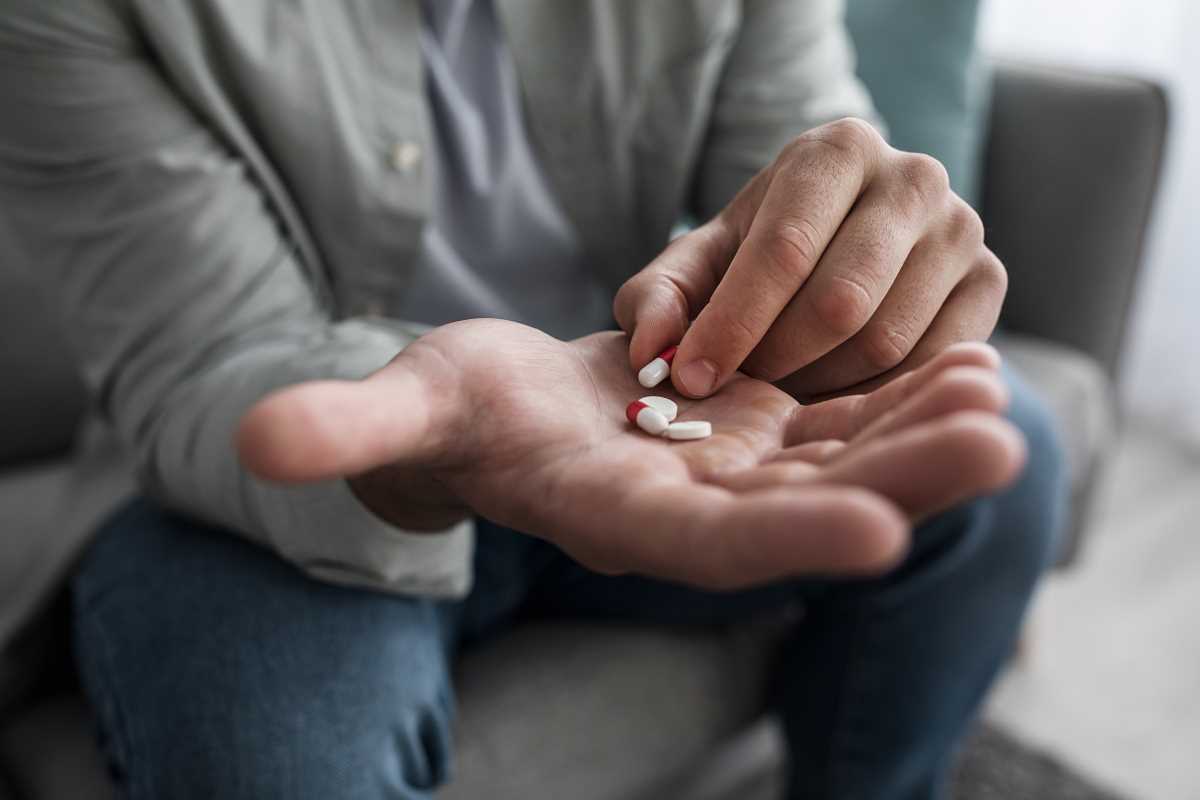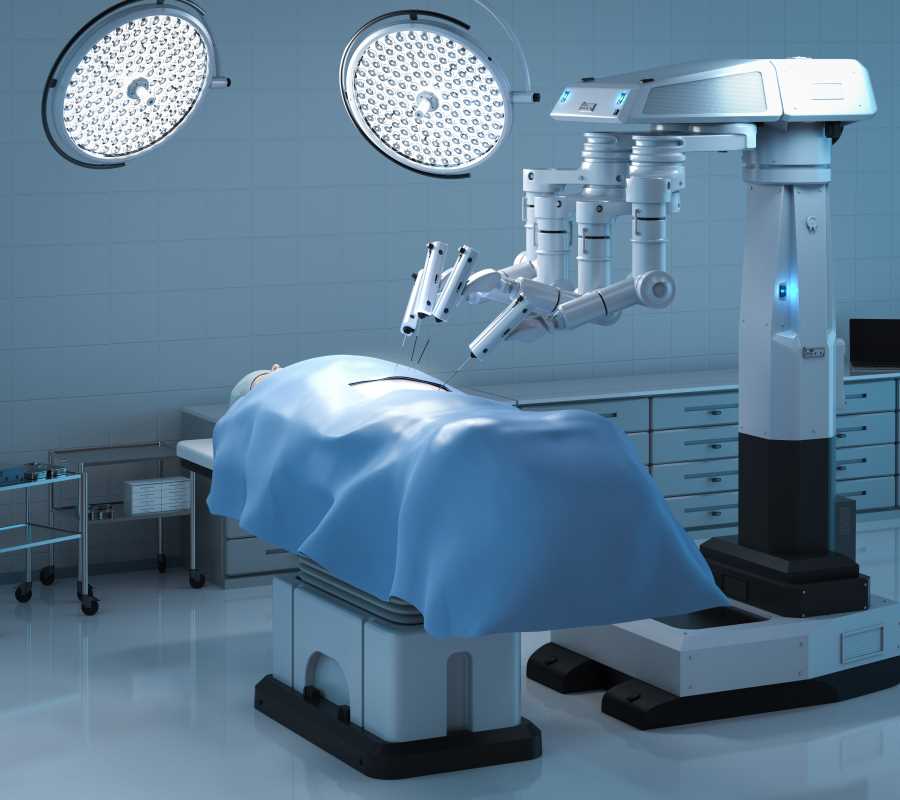Heart emergencies are among the most frightening medical situations, where every second counts. These life-threatening events, such as heart attacks or arrhythmias, require swift intervention to stabilize the patient and prevent further damage. Thankfully, certain medications are specifically designed for these moments, helping to save lives when it matters most. These drugs work by targeting the heart directly, improving blood flow, stabilizing rhythm, or breaking down dangerous blood clots. Understanding how these medications function can provide insight into just how essential they are. Here’s a closer look at five heart medications that are life-saving during emergencies and how they work to protect and save lives.
1. Nitroglycerin
Nitroglycerin is one of the most widely recognized emergency heart medications and is also one of the most commonly prescribed medications for heart patients. It is often used for patients experiencing angina, which is sudden chest pain caused by reduced blood flow to the heart. This medication works fast, providing relief within minutes.
How It Works:
Nitroglycerin belongs to a class of drugs called nitrates. It helps relax and widen blood vessels, making it easier for blood to flow to the heart. By reducing the heart's workload and improving oxygen supply, nitroglycerin alleviates chest pain and prevents heart damage during a crisis. It is typically given as a tablet placed under the tongue, a spray, or even an IV in hospital settings.
Why It’s Essential in Emergencies:
Nitroglycerin can prevent a heart attack if used early when chest pain starts. Its ability to rapidly restore blood flow often buys time for more advanced medical care, such as catheter intervention or surgery.
2. Aspirin
Aspirin, a common over-the-counter medication, often plays a heroic role during heart emergencies. It's one of the number one things that doctors tell heart patients to take when they are diagnosed early on. This drug is extremely helpful for patients suspected of having a heart attack, as it targets the root cause of many cardiac incidents.
How It Works:
Aspirin acts as a blood thinner. It prevents platelets, the tiny cells in your blood, from clumping together and forming dangerous clots. During a heart attack, these clots block the arteries that supply blood to the heart, causing significant damage. Chewing or swallowing aspirin during a cardiac event can start dissolving clots before further medical treatment is available.
Why It’s Essential in Emergencies:
Aspirin's ability to reduce clot formation can limit the damage caused by a heart attack and improve survival rates when taken early. It’s a first-line medication used by emergency responders due to its life-saving potential.
3. Amiodarone
Amiodarone is a powerful medication used to treat life-threatening arrhythmias, which are abnormal heart rhythms. These irregular rhythms can cause the heart to stop pumping blood effectively, leading to cardiac arrest or other serious complications without immediate intervention.
How It Works:
Amiodarone stabilizes the electrical activity of the heart. It prolongs the time between heartbeats, allowing the heart to regain a regular rhythm. It also works by blocking certain electrical signals that trigger irregular rhythms, which can be fatal in emergencies. This drug is usually delivered intravenously in emergency settings to act quickly.
Why It’s Essential in Emergencies:
Amiodarone is often used in cardiac arrest situations caused by arrhythmias like ventricular fibrillation (VF) or ventricular tachycardia (VT). These conditions disrupt the heart's ability to pump blood, and amiodarone can help restore a normal rhythm, improving the chances of survival.
4. tPA (Tissue Plasminogen Activator)
Tissue Plasminogen Activator, commonly known as tPA, is a clot-busting medication used primarily in patients suffering from acute myocardial infarction (AMI) or heart attack. It’s also extensively used in stroke treatments, highlighting its versatility and life-saving capabilities.
How It Works:
The tPA works by dissolving clots that block blood flow to essential tissues. It activates an enzyme that breaks down fibrin, a protein that holds clots together. Administered through an IV in hospital settings, tPA can restore blood flow to the heart or brain within minutes, minimizing permanent damage.
Why It’s Essential in Emergencies:
Every minute without blood flow damages heart muscle cells irreversibly. tPA's ability to dissolve clots rapidly makes it one of the most effective medications during heart attacks, significantly increasing survival rates and reducing complications when used promptly.
5. Epinephrine (Adrenaline)
Epinephrine, widely known as adrenaline, is a medication that often acts as a last resort in critical heart emergencies like cardiac arrest. While it’s used in various medical situations, its role in saving lives during heart failure cannot be overstated.
How It Works:
Epinephrine stimulates the heart and increases blood flow in emergency situations. It does this by binding to receptors in the body that increase heart rate, tighten blood vessels, and boost blood pressure. This means that essential oxygen and nutrients are delivered to key organs, even when the heart is struggling to pump effectively.
Why It’s Essential in Emergencies:
During cardiac arrest or severe allergic reactions (anaphylaxis), epinephrine can jump-start the heart and restore circulation. It’s typically administered as an injection or an IV and is often used in tandem with other lifesaving interventions like CPR or defibrillation.
How These Medications Work Together
Heart emergencies often involve a combination of these medications, working together to stabilize the patient. A person experiencing a heart attack might be given aspirin to reduce the formation of clots, nitroglycerin to improve blood flow, and potentially tPA in the hospital to dissolve the remaining blockage. If the heart enters an irregular rhythm, amiodarone or epinephrine could bring it back into sync. The combination of treatments provides a layered defense, addressing multiple aspects of the crisis at once.
Recognizing the Importance of Speed
The effectiveness of these medications often depends on how quickly they are administered. Emergency medical responders are trained to recognize the signs of heart attacks, arrhythmias, or cardiac arrest and act fast, but knowing these medications can give patients and family members the ability to advocate for timely care.
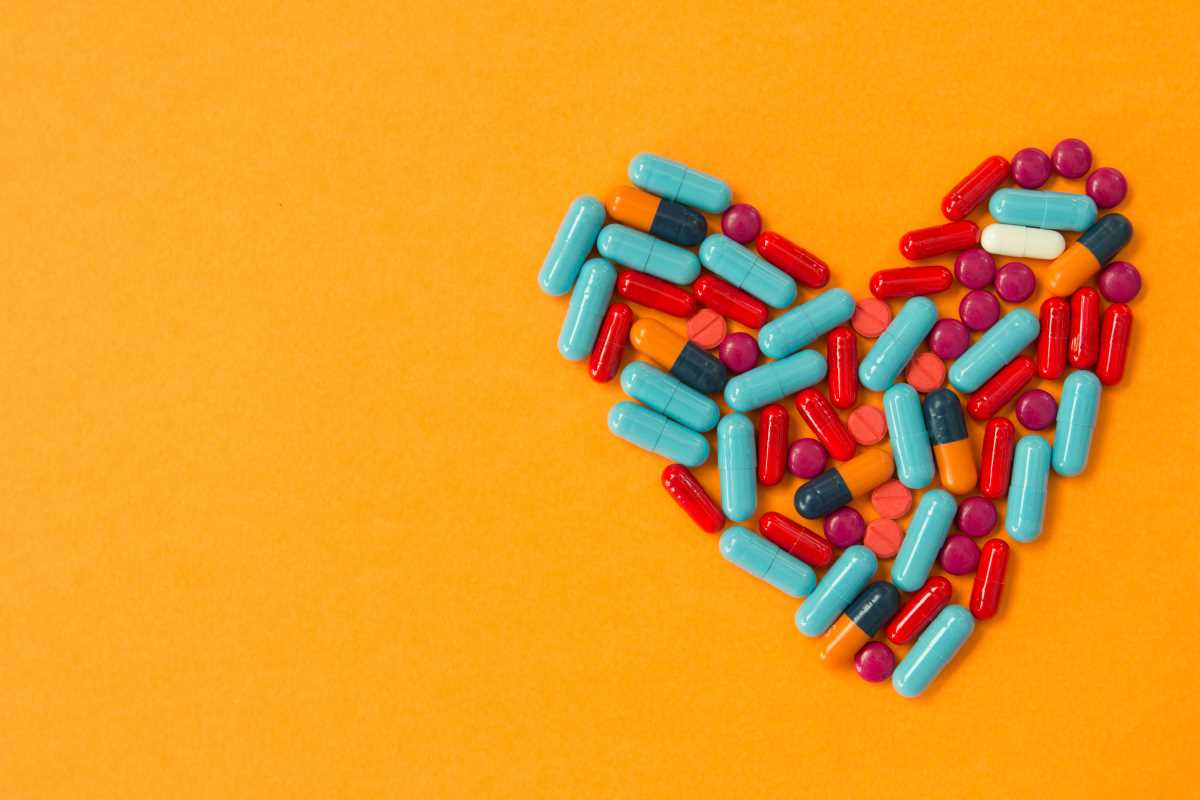 (Image via
(Image via
